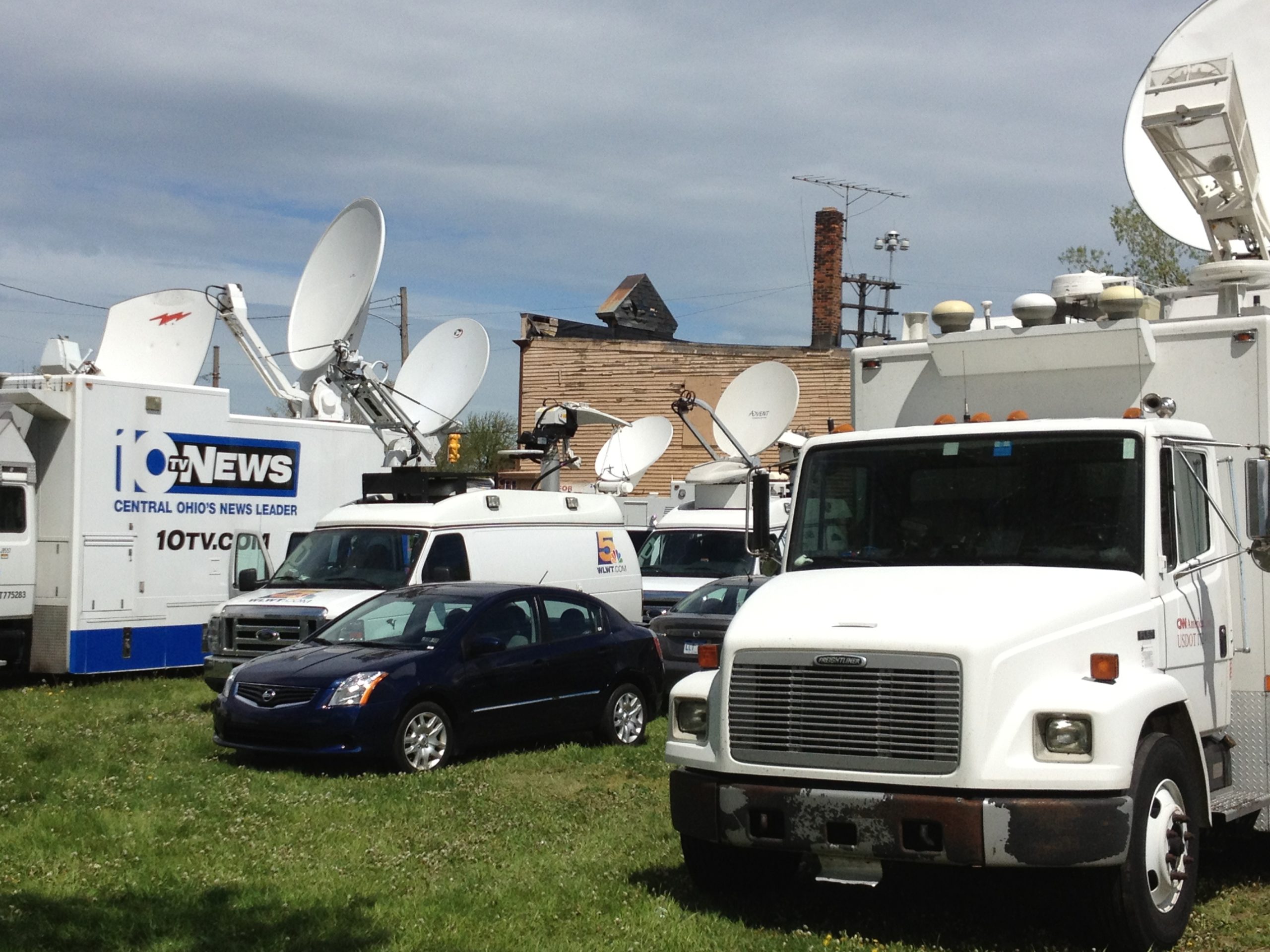


Making Media the Enemy Amid an ‘Information Crisis’ Won’t Restore Public Trust
Introduction by Bruce Hennes, Hennes Communications
Along with the sheer horror and heartbreaking tragedy of the massacre at the Robb Elementary School in Uvalde, Texas, we have been witness to an “information crisis,” in the words of Marc Duvoisin, editor in chief of the San Antonio Express-News.
As the Washington Post pointed out in a recent story, even basic information was unavailable for several hours after the shooting. As the Post reported, “There were no briefings by local police, no statements of facts about the events, and few, if any, returned calls. The first public address came not from local authorities, as is common after mass shootings, but from the Texas governor, several hours after the carnage ended.”
As has been well documented, much of the information that was released was confusing, contradictory or had to be later corrected or walked back – including information from the governor.
How bad has it gotten? So bad the Uvalde mayor is accusing state authorities of selectively releasing information to scapegoat local law enforcement officials. “I actually wonder who the hell’s in charge of this investigation, because you can’t get a straight answer,” said Mayor Don McLaughlin.
And, as the Post reports, Uvalde has become a war zone for journalists, who are being threatened with arrest, bullied and denied information that’s part of the public record.
When a crisis hits, part of leadership’s responsibility is to communicate truthfully, quickly and as accurately as possible to all the people who are desperate for information.
In Uvalde, Texas, we’re watching a master class in how the failure to communicate can make a horrific situation even harder on the people who matter most – not the local politicians or journalists, but the public the elected officials and public servants are ostensibly charged with serving.
Here’s what the Washington Post wrote about this:
Journalists had been threatened with arrest for getting too close to the mourners, so Houston Chronicle reporter Julian Gill stayed in the designated media area when he reported on funerals the week after the massacre at Robb Elementary School.
Nevertheless, a phalanx of uniformed bikers confronted Gill outside the cemetery gates. They called themselves “Guardians of the Children” and claimed to be working with police officers who stood watch.
“I’m not trying to disturb anyone, guys,” Gill told the bikers, in a video he posted online. “I’m not trying to ask anybody any questions. I just wanted to watch. That’s all we can do, right?”
But the bikers followed and harassed journalists anyway, Gill wrote in the Chronicle. When he accidentally bumped into a Guardian who claimed to be a paramedic, the bikers accused him of assault and battery. “As a public servant, that’s kind of a felony,” the biker-paramedic said in the video.
A month after 19 children and two educators were killed at Robb Elementary School, a picture is emerging of a disastrous police response, in which officers from several law enforcement agencies waited for an hour outside an unlocked classroom where children were trapped with the attacker. But journalists who have flocked to Uvalde, Tex., from across the country to tell that story have faced near-constant interference, intimidation and stonewalling from some of the same authorities — and not only bikers claiming to have police sanction.
Journalists have been threatened with arrest for “trespassing” outside public buildings. They have been barred from public meetings and refused basic information about what police did during the May 24 attack. After several early, error-filled news conferences, officials have routinely turned down interview requests and refused to hold news briefings. The situation has been made even more fraught by the spider’s web of local and state agencies involved in responding to and investigating the shooting, some of which now blame each other for the chaos.
For the rest of this Washington Post story, click here.